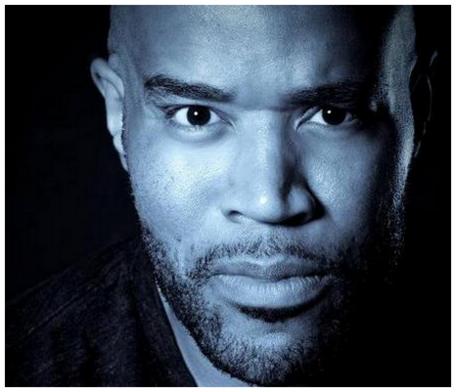[ad_1]
By Sean Yoes, AFRO Baltimore Editor, [email protected]
Sept. 30, 1988, 38-year old Mayor of Baltimore Kurt Schmoke testified before the House Select Committee on Narcotics regarding the impact and efficacy of the so-called “War on Drugs.” Schmoke, then a rising star in the Democratic Party, had only been on the job as mayor of Baltimore for a little over a year, inheriting a city imploded by the crack epidemic, which cut a virulent swath through the urban landscape of America.
“We can guarantee that if we continue doing what we’re doing, we will fail. If we’re going to have a new war on drugs, let it be led by the surgeon general, not the attorney general,” said Schmoke. The former Baltimore City College High School football star, Rhodes Scholar and Baltimore City State’s Attorney was advocating for the legalization of marijuana and the treatment of drug addicts as patients instead of criminals. The New York Times reported on the day of Schmoke’s testimony the following:
“Instead of a drug policy based primarily on law enforcement, Mr. Schmoke proposed ‘a measured and carefully implemented program of drug decriminalization,’ similar to the repeal of Prohibition. $140 Billion on Illicit Drugs He conceded that there were risks in what he was suggesting.

“‘Providing legal access to currently illicit substances carries with it the chance, although by no means the certainty, that the number of people using and abusing drugs will increase,’” Mayor Schmoke said. ”But addiction, for all of its attendant medical, social and moral problems, is but one evil associated with drugs. Moreover, the criminalization of narcotics, cocaine and marijuana has not solved the problem of their use.””
Despite Schmoke’s cogent, clear-eyed analysis of the catastrophic war on drugs, he was widely ridiculed for even suggesting a national conversation about decriminalization. In fact, three of his Maryland Democratic colleagues from the House of Representatives, Kweisi Mfume, Ben Cardin and Roy Dyson, testified against Schmoke before the House on that day. The late Marion Barry, then the mayor of neighboring Washington, D.C., a city, which had also been ravaged by drug addiction and violence, bolstered Schmoke’s premise only to a point. Barry testified it was “time to rethink our policy,” but he also said, “I don’t know enough about the impact of cocaine addiction.” A little more than a year later on Jan. 18, 1990, Barry was captured on videotape smoking crack cocaine (he was targeted in a joint sting by the FBI and D.C. Police) at the Vista International Hotel in Washington, D.C.
This was the toxic milieu in which Schmoke delivered his bold proposal; it all but destroyed the political ascendancy of perhaps the most erudite person to occupy Baltimore’s mayor’s chair.
But, for those of us who have been here since Schmoke’s testimony before Congress more than 30 years ago, do you feel safer now or then?
In September of 1988, I had just returned to Baltimore from Los Angeles and was about 90 days from entering the doors of the AFRO for the first time in January 1989. Do I feel safer in the city now than I did then? No.
Baltimore’s population in 1990 was 736,014; the homicide rate that year was 234. In 2019, the city’s population is estimated at 611,648 (over 100,000 people fewer than 1990), yet, the murder rate has eclipsed 300 for the last four years in a row. I don’t have to be a criminologist to discern a large percentage, if not a majority of murders in our city, are fueled by the illicit drug trade.
Recently, Baltimore City State’s Attorney Marilyn Mosby (the office that propelled Schmoke to the mayor’s chair), announced her office would no longer prosecute marijuana possession cases. Foundational in Mosby’s decision are the stark racial disparities in sentencing and law enforcement in such cases.
I would argue Mosby’s policy shift is a good first step. But, in order to neutralize the illicit drug trade you have to take the profit out of it. To begin healing our addicted communities you have to stop treating them as criminal lepers and begin treating them as patients. Because what we are doing now regarding the drug trade isn’t working for anybody save those who profit from the misery that engulfs are city.
Maybe it’s time we revisit Schmoke’s vision he presented more than 30 years ago. We’ve lost so much already; how much longer can we continue down this perilous path?
Sean Yoes is the AFRO’s Baltimore editor and author of Baltimore After Freddie Gray: Real Stories From One of America’s Great Imperiled Cities.
[ad_2]
Source link
